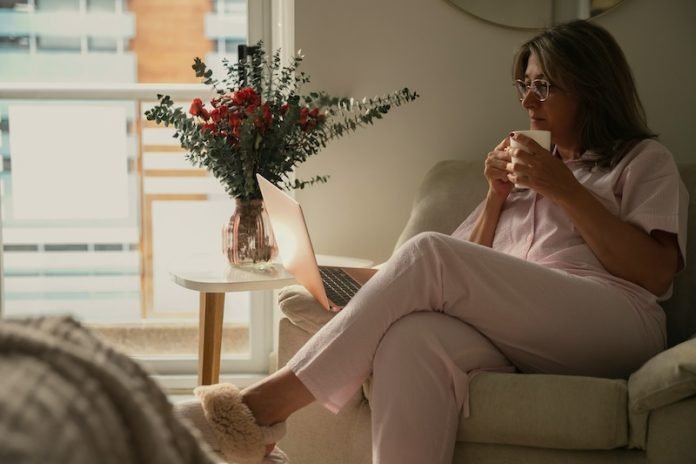
Living solo might be linked to feeling more depressed, suggests a study published on February 15 in National Health Statistics Reports by the National Center for Health Statistics.
Laryssa Mykyta, Ph.D., from the National Center for Health Statistics, delved into the 2021 National Health Interview Survey data to explore how adults’ living situations and their self-reported feelings of depression vary based on their demographics.
In 2021, 16% of adults were living by themselves. The study found that, regardless of gender, race, ethnicity, or income level, adults living alone reported feeling depressed more often than those living with others—6.4% compared to 4.1%.
Particularly striking was the finding that adults who seldom or never felt they had social and emotional support were almost twice as likely to report feelings of depression if they lived alone (19.6%) compared to those in the same situation but living with others (11.6%).
On the flip side, for those who felt they received social and emotional support sometimes, usually, or always, living alone didn’t significantly impact their reported feelings of depression compared to those living with others.
This discovery emphasizes the protective role of social and emotional support against depression, hinting at the need for further research into how these factors, combined with living arrangements, can influence overall health outcomes.
Mykyta’s findings shed light on the importance of fostering strong support networks, especially for individuals who choose or find themselves living alone.
If you care about depression, please read studies that vegetarian diet may increase your depression risk, and Vitamin D could help reduce depression symptoms.
For more information about health, please see recent studies that ultra-processed foods may make you feel depressed, and these antioxidants could help reduce the risk of dementia.
Copyright © 2024 Knowridge Science Report. All rights reserved.



